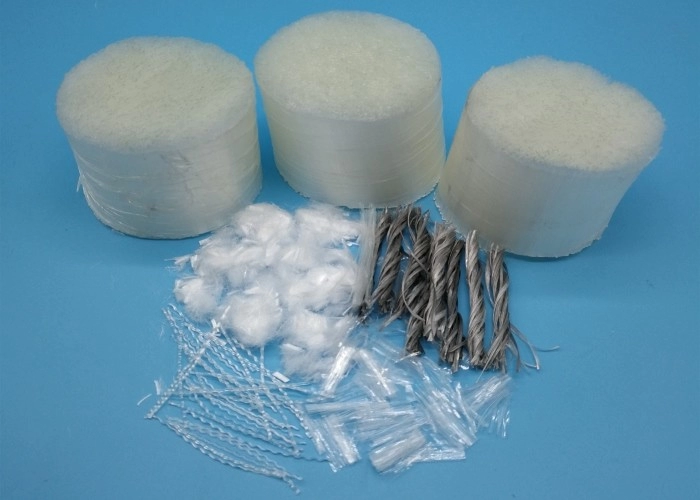
High tensile polymers are remarkable materials known for their exceptional strength, durability, and versatility in various industries. These polymers offer unique advantages in manufacturing and applications due to their high tensile strength, which allows them to withstand significant amounts of force or tension without deforming or breaking.
The process of creating high tensile polymers typically begins with the selection of suitable polymer resins. These resins are chosen for their inherent strength and ability to maintain their structural integrity under stress. Common polymers used in high tensile applications include polyethylene, polypropylene, and polyamide (nylon).
Once the appropriate polymer resin is selected, it undergoes a meticulous manufacturing process that involves careful control of temperature, pressure, and polymerization conditions. This process ensures that the resulting polymer exhibits the desired high tensile strength characteristics. Polymer chains are carefully arranged to provide maximum resistance to stretching or pulling forces.
The absence of weak points or vulnerabilities in high tensile polymers is crucial to their performance. Manufacturers employ advanced quality control measures to eliminate defects, ensuring uniformity and reliability in the material’s tensile properties. This attention to detail is essential, as any imperfections could compromise the polymer’s ability to withstand high levels of stress.
Furthermore, high tensile polymers find applications in a wide range of industries, from automotive and aerospace to construction and sports equipment. In the automotive sector, they are used to manufacture lightweight but strong components, reducing overall vehicle weight and improving fuel efficiency. In aerospace, high tensile polymers play a crucial role in the construction of aircraft components, where their strength-to-weight ratio is highly advantageous.
In the construction industry, these polymers are used in structural components and building materials, contributing to the durability and longevity of structures. In sports and outdoor equipment, high tensile polymers are incorporated into products like ropes, cables, and tents, where their ability to withstand extreme forces is invaluable.
In conclusion, high tensile polymers are manufactured through a meticulous process that involves selecting the right polymer resins, controlling manufacturing conditions, and ensuring the absence of weak points or defects. Their remarkable tensile strength makes them indispensable in industries where materials must withstand significant forces without compromising performance or safety. These polymers continue to drive innovation across various sectors, contributing to the development of stronger, lighter, and more durable products and structures.